Deciding where to work? Intentionality and purpose may be key
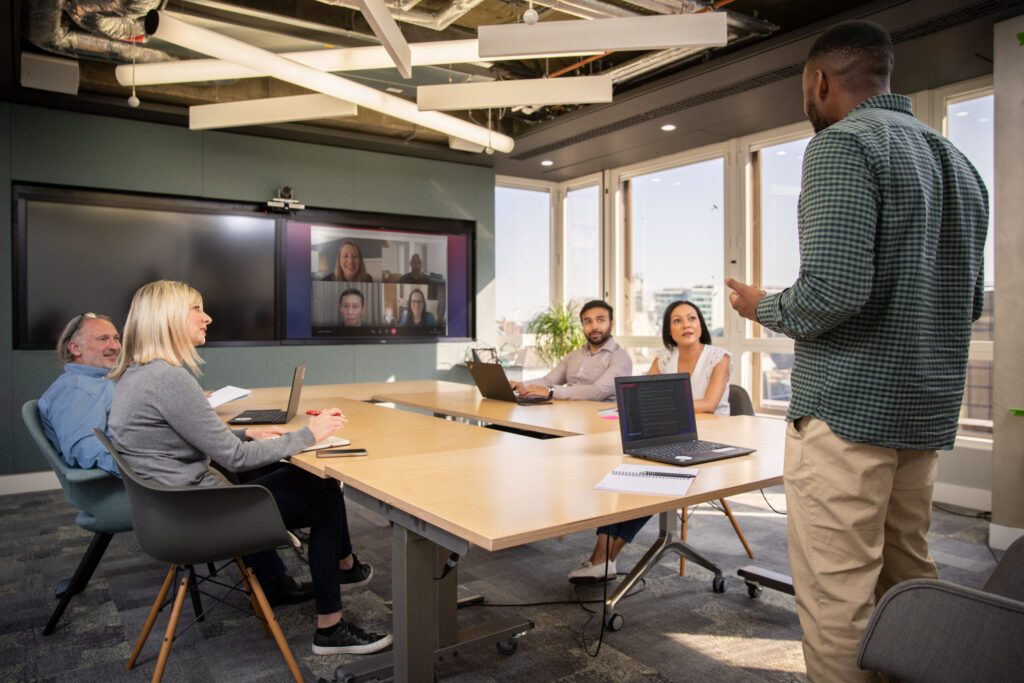
Clarity around expectations and creating a shared sense of purpose will better support employees, no matter where they are working from.
Monde Nissin stands strong with employees in the face of adversity

Prioritising employee safety and wellbeing during crises, Monde Nissan implements flexible work options and provides mental health resources.
Lead with trust, not monitoring, for a more engaged workforce

Some organisations are turning to employee monitoring to combat issues like mouse jiggling, but surveillance can drag down productivity and morale.
Lights, camera, action: Acting tops Singapore’s side hustle earnings

For freelancers in Singapore looking to bolster their income, acting is perhaps surprisingly the highest paying side hustle in town.
RTO? Why Autodesk is championing a hybrid-first approach instead
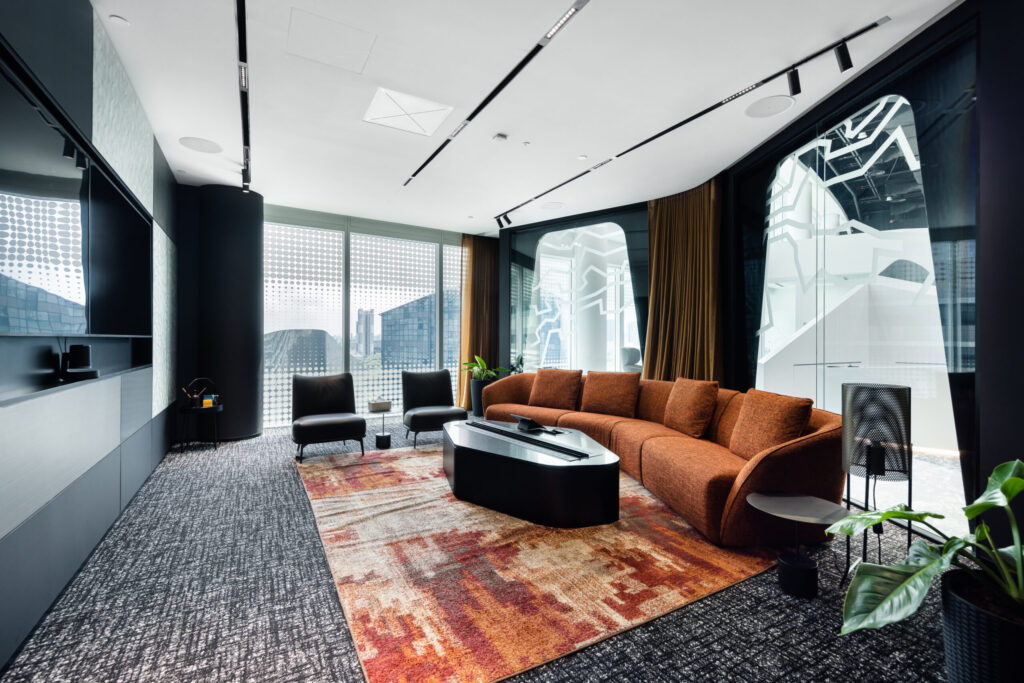
Autodesk believes that flexibility in where and how work gets done with better enable employees to thrive and realise their full potential.
Want employees to return to office? Give them a reason to do so

Unilateral return-to-office mandates are backfiring because organisations are failing to understand employees’ needs and preferences.
How HR can help build 21st-century women leaders
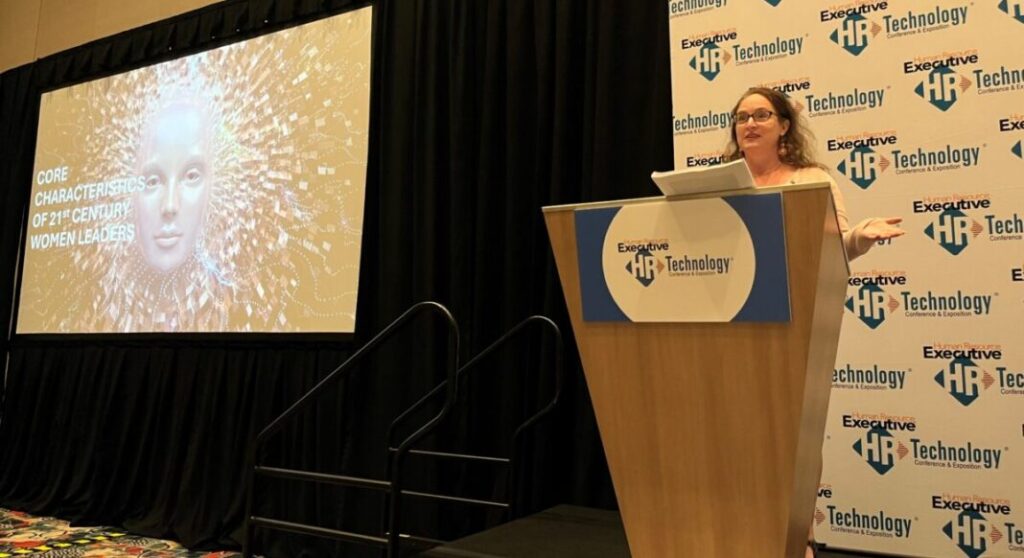
Women leaders are about to enter a changing workplace, where cultivating a few core characteristics can help move their careers forward.
How organisations can keep their best talent from leaving Malaysia

Dr Murugappan, CHRO of Malaysia’s MCMC, highlights ways to elevate employees’ earning and bridge existing skills gaps.
Transforming work culture: Key takeaways from CHRO Singapore
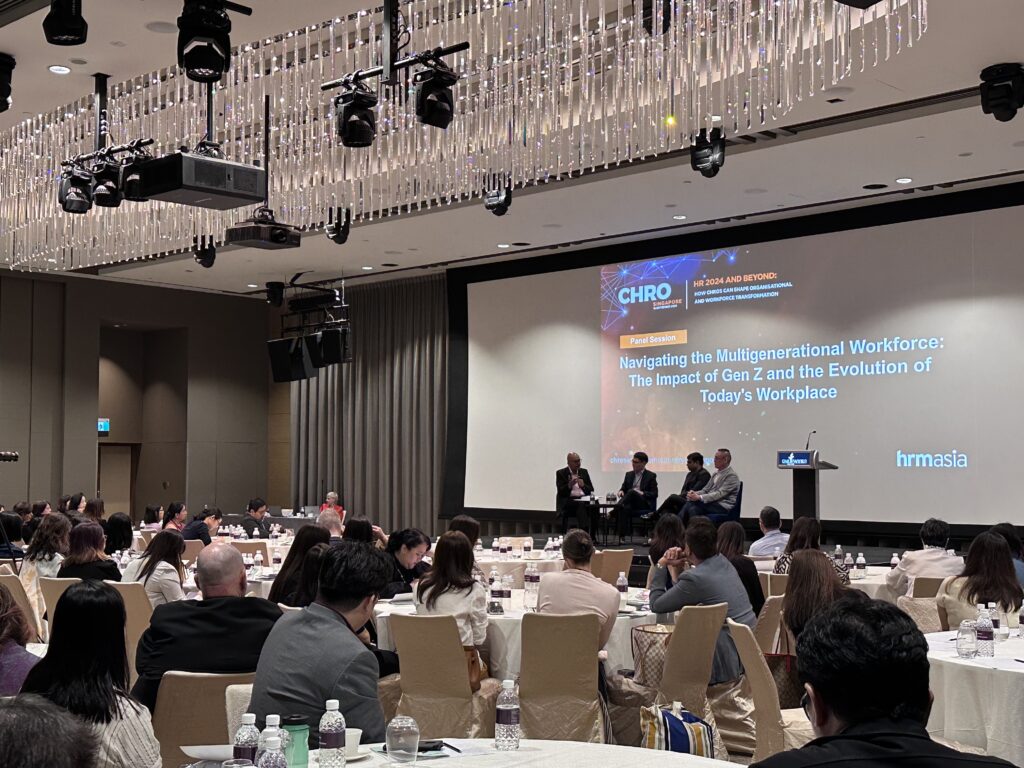
At CHRO Singapore 2024, top HR professionals gathered to explore flexible work and strategies to enhance employee wellbeing in today’s workplace.
Pioneering flexibility and compliance in the evolving Asian workforce
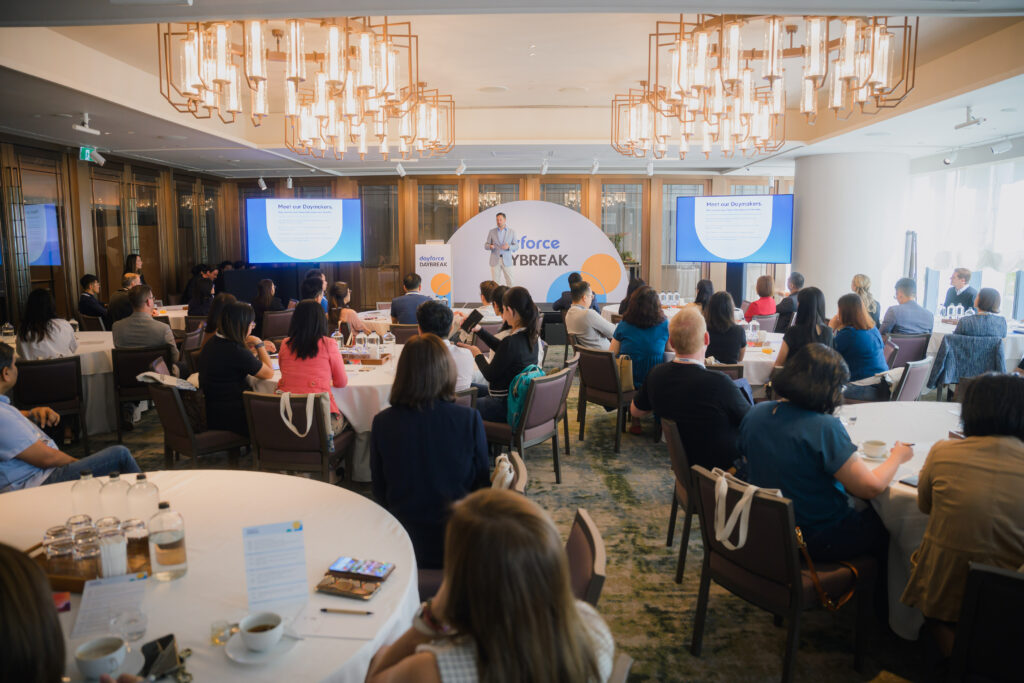
Dayforce is continuing to demonstrate how it is making work life better for organisations in Asia through their people and technology.
RTO will not increase workplace collaboration, Amazon told
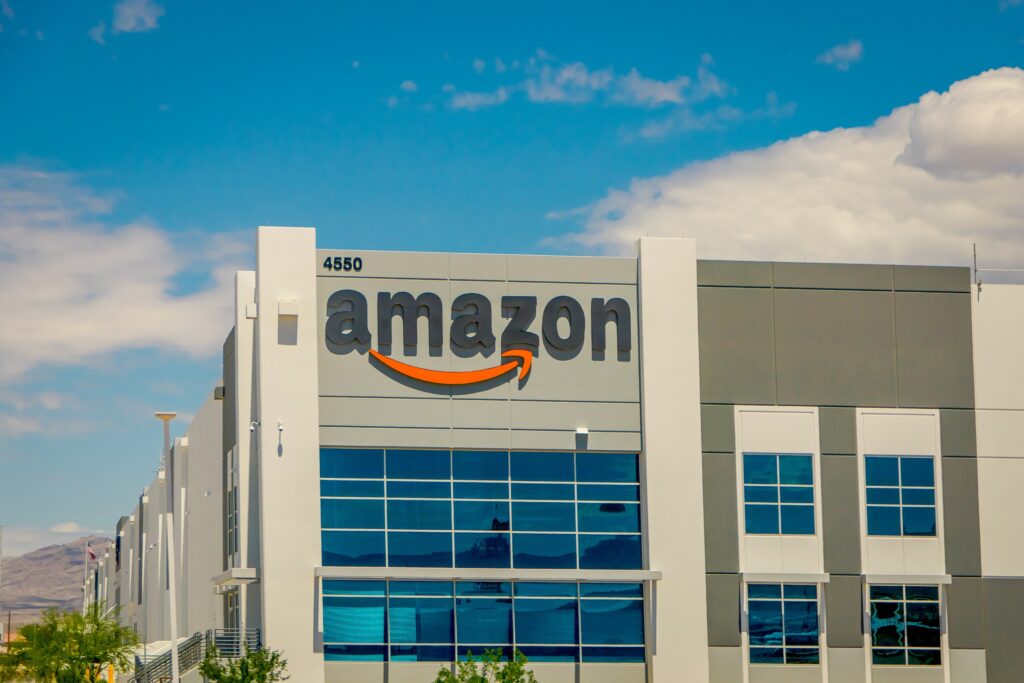
Australian software company Atlassian has refuted Amazon’s claims that being physically in office is necessary to improve workplace collaboration.
Why organisations need to think beyond money to retain talent

With stagnant budgets, more organisations in the Philippines are now looking beyond financial remuneration to attract and retain talent.
Navigating the evolving landscape of talent management

Building an inclusive talent strategy centering on what employees need can go a long way in helping organisations plan for the future.
Coda’s recipe for a thriving culture: Inclusion, growth, and wellbeing

At Coda, a thriving workplace culture drives success in digital payment and enhances employee wellbeing, recognition, and collaboration.
Flexible work arrangements – To do more or not to do
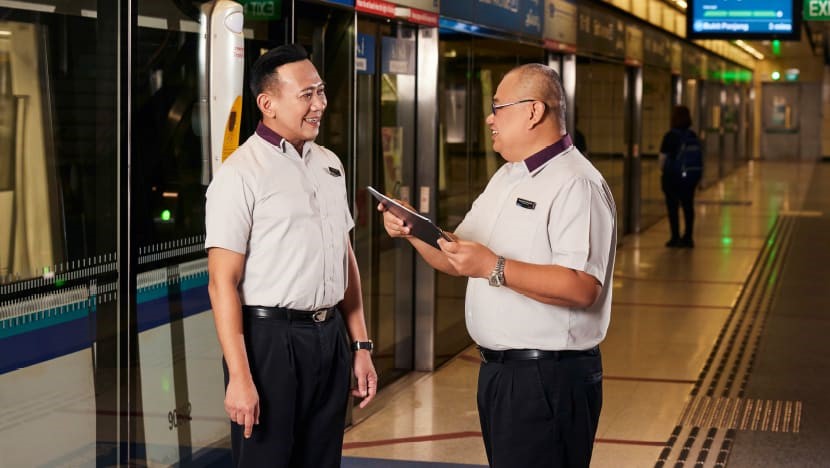
Singapore’s SBS Transit strives to boost inclusivity and adaptability, while addressing workforce challenges and enhancing employee options.
New bill to transform Singapore’s gig economy with stronger protections
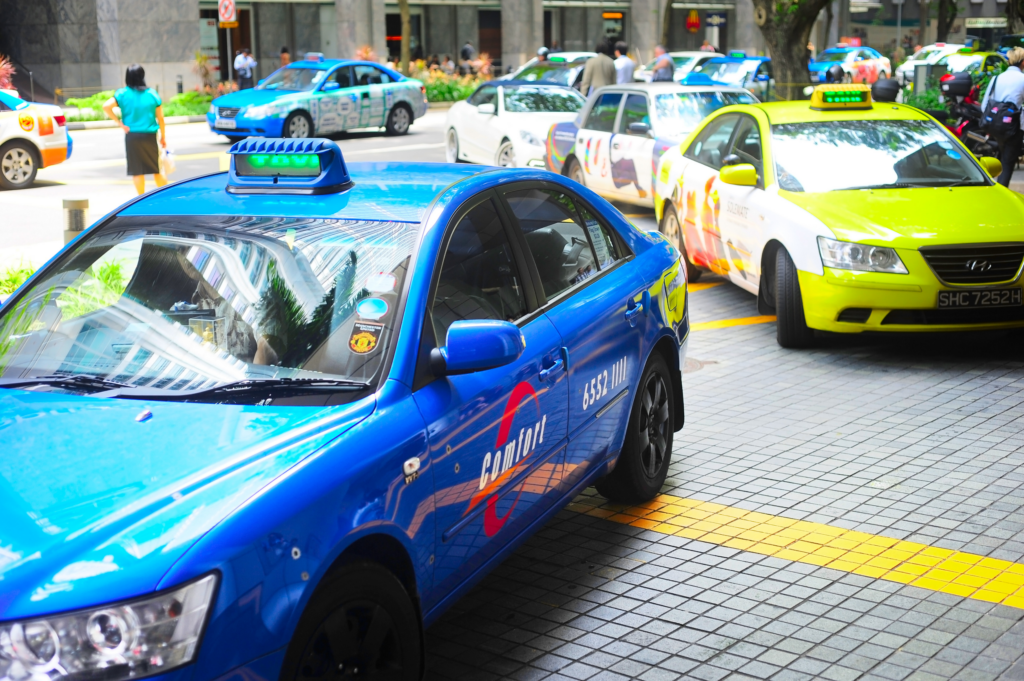
NTUC Assistant Secretary-General Yeo Wan Ling calls the Platform Workers Bill a crucial step in strengthening protections for the gig workforce.
Time to work and play: Is workcation the next extension of hybrid working?

The concept of work and leisure at locations around the world may not be a pipe dream, if boundaries are drawn and key steps taken.
Healthy work-life balance top factor for talent retention

A recent HRM Asia poll highlighted how firms that support work-life balance through flexible work options can create happier employees.
Leaders need to act now to build future-ready organisations

At Standard Chartered, the focus is on creating an inclusive work environment that provides employees with opportunities to gain the right skills for growth.
Balancing the human touch with digital transformation

Amidst Singapore’s high turnover and flexible work mandates, HR Path’s Lee Teck Seng highlights the importance of adaptability and GenAI.
Leveraging employee engagement to drive workforce transformation

Effective communication, technology, and driving purpose are all tools that can elevate employee engagement for organisations.
Rethinking talent and compensation in a shifting economic landscape

Workplaces have redefined employee wellness and flexibility while challenging traditional compensation models, writes Carta’s Bhavik Vashi.
Hybrid work models and higher pay reshape Singapore’s gig economy
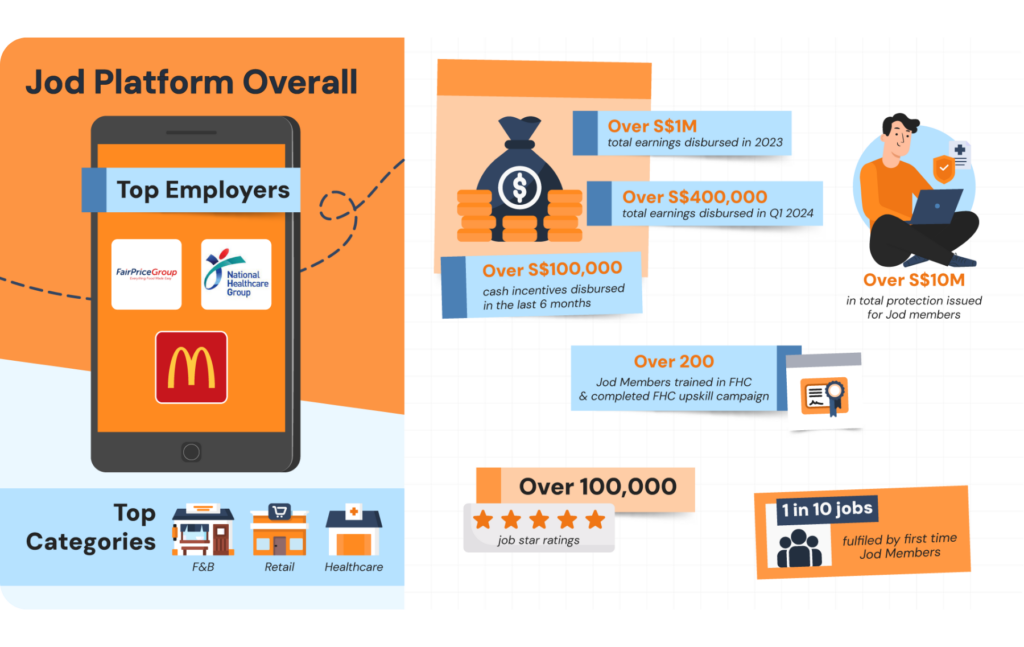
Singapore’s gig economy is booming, with a 50% surge in job applications and rising earnings in the healthcare and hospitality sectors.
DBS reinforces commitment to innovation and employee growth
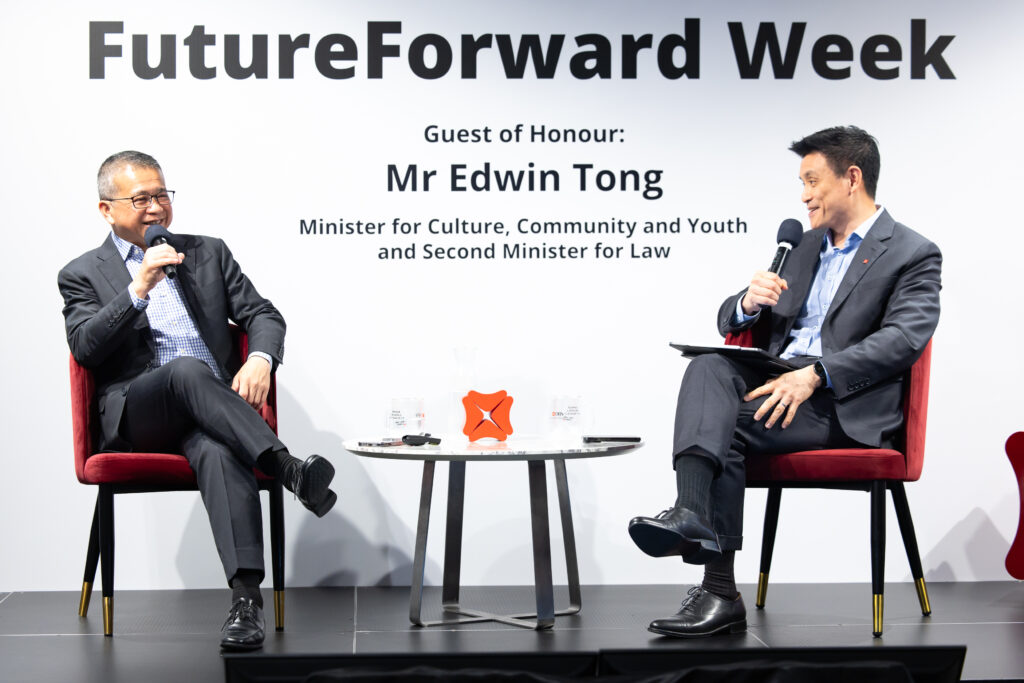
Bridging divides, maintaining competitiveness, and fostering meaningful employee engagement remain key focus points for DBS.
Digital overload taking a toll on employees

Fear of missing out (FoMO) and an information overload are linked to stress and burnout, a study from the University of Nottingham has revealed.
Burnout crisis deepens in Singapore workplaces

Singapore’s workforce is facing a mental health crisis with Gen Z leading the burnout surge, and employers are falling short in providing support services.
EX as a driver of workforce transformation: It’s all about people

Prioritising a people-centric approach and leveraging technologies can help organisations go a long way in creating winning EX strategies.
Four-day or six-day workweek? Why flexibility goes beyond just numbers

Understanding the specific needs and preferences of employees is crucial in defining flexible work, says Dr Jaclyn Lee, CHRO, Certis.
Cultivating a competitive edge through innovation and flexible work

Leadership’s role in shaping the future of work is vital for success, intertwining organisational and individual wellbeing, says SIG’s Angelina Chua.
Men face greater promotion challenges in FWAs

Men on flexible work schedules face greater promotion challenges than women, with 36% experiencing this issue, compared to 27% of women.
